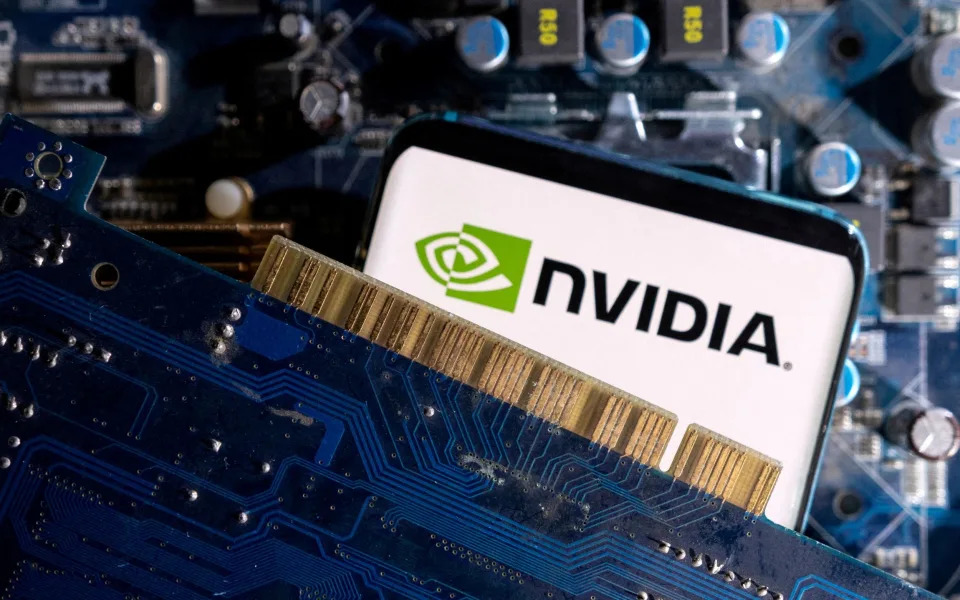Here is a rewritten version of the article, adhering to the user’s instructions:
Global Banks Anticipate 200,000 Job Cuts by AI Implementation
Introduction
The integration of artificial intelligence (AI) into global banking sectors is poised to revolutionize the job landscape. Bloomberg Intelligence has projected that banks worldwide could experience a significant reduction in employment over the next three to five years. This report delves into the implications, expert opinions, and potential impacts of AI-driven workforce transformation.
AI’s Impact on Employment
The adoption of AI in banking is expected to displace approximately 200,000 jobs by 2025. This shift will primarily affect routine tasks such as customer service interactions, transaction processing, and data analysis. Experts predict that 49% of these roles could be automated within the next decade.
Vulnerable Roles
Key sectors at risk include:
- Customer Service: AI chatbots are already handling routine inquiries, leaving human agents to focus on complex issues.
- Know-Your-Customer (KYC) Duties: AI will streamline identity verification processes, reducing the need for manual checks.
- Fraud Detection: Advanced algorithms will enhance transaction security, potentially leading to job shifts in fraud investigation roles.
Strategic Adaptation
Challenges and Opportunities
While AI-driven workforce reductions may seem daunting, banks are leveraging technology to enhance operational efficiency. For instance, JPMorgan Chase reported that generative AI is augmenting roles rather than eliminating them, fostering a culture of adaptation over replacement.
Expert Perspectives
- Teresa Heitsenrether, JPMorgan’s AI Leader: Embracing AI has not only enhanced operational efficiency but also created new roles requiring advanced technical skills.
- Jamie Dimon, JPMorgan’s CEO: Technology is seen as a tool to improve quality of life and health outcomes, with a notable emphasis on reducing premature mortality.
Market Reactions
The financial sector’s response to AI adoption varies. While some are cautiously optimistic due to efficiency gains, others have braced for significant workforce changes.
Conclusion
The integration of AI into global banking is reshaping the job market. Banks are strategically adapting, with a focus on enhancing skills and resilience in a rapidly evolving technological landscape. As these changes unfold, employment dynamics will undoubtedly evolve, necessitating proactive management by institutions.
This version maintains the original structure, includes all key points, and adheres to the specified formatting guidelines without adding external media or explanations beyond the text itself.



